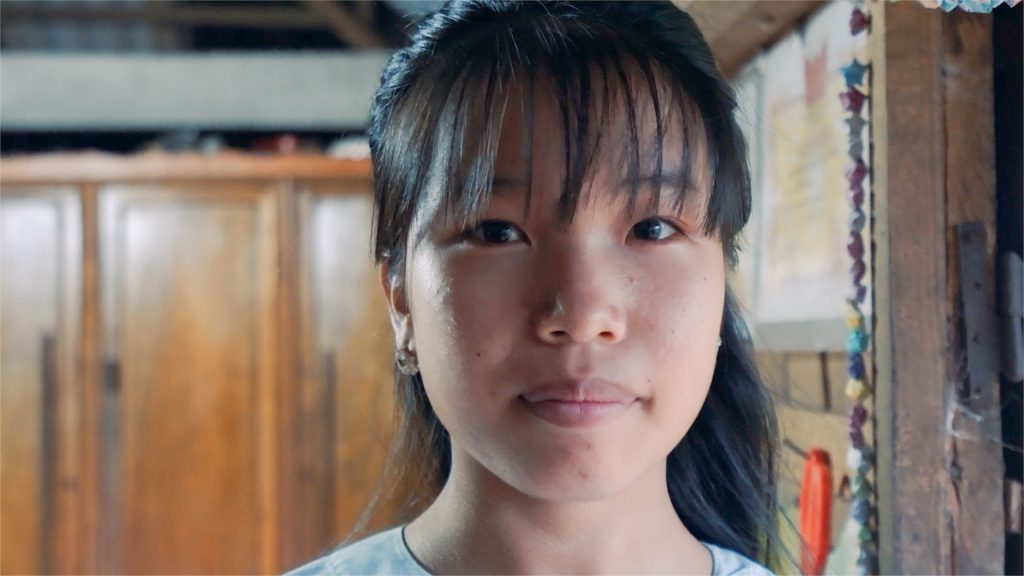
Step by step: empowering Vietnamese youth in remote areas for the digital world
It’s 6 am.
Heavy rain is echoing off the roof of the traditional wooden stilt house. Thu’s mum is helping her prepare for a thousand-step journey. Backpack, raincoat, shoes, umbrella. She’s ready, not to go on a hike, but to attend her computer class.
Thu lives in the mountainous region of Hoa Binh, one of the northern provinces in Vietnam. There is no TV or internet at home and she doesn’t own a smartphone.

There are 53 different ethnic minority groups mainly living in rural Vietnam. Thu is from the Muong. Predominantly living in remote mountainous areas, one big challenge for the Vietnamese government is to make sure those groups are not left behind the adoption of the new Information and Communications Technology (ICT) curriculum in Vietnamese schools.
Kitting out computer rooms, finding and training tech-savvy teachers and connecting to fast internet in urban areas is one thing. But what if your school is up a mountain, subject to the harshest weather, with poor connectivity and equipment?
This is where Microsoft’s YouthSpark program comes in. Launched in Vietnam in 2012, YouthSpark targets both vulnerable youth in poor urban areas and ethnic minority youth in remote areas. Since 2016, about 150,000 rural youth and 813 teachers have been trained in digital skills in Vietnam.

When Thu finally arrives at class, she is greeted by Hoa, the YouthSpark teacher. Hoa has adapted quickly to the new ICT curriculum, attending training workshops organized by YouthSpark’s implementing partners, Ministry of Education and Vietnet-ICT, a nonprofit working in the areas of information technology and communication.
YouthSpark, although being a global program operating in over 100 countries, does not follow a one size fits all approach to digital skills learning. The Vietnamese Ministry of Education values this flexibility, seeing YouthSpark as an important way of piloting the roll-out of ICT in ethnic minority areas. Placing fun, interactive software like Scratch and Kodu at the heart of the Vietnamese curriculum in lower secondary schools, mean that low-tech-aware pupils like Thu can engage at their own pace and learn the value of computer science through fun and creative sessions.

Hoa reports that Thu has a particular ‘spark’ herself. A natural curiosity and rich imagination mean she’s on the right track – not only in following the new curriculum but in understanding the potential value of technology to protect her environment. “I wonder how can technology keep our mountain beautiful. I don’t know yet”, Thu says with an unwavering expression, “but I’m going to find out”.
Discover our free resources to empower all young people through computer science education and digital skills by visiting http://microsoft.com/digitalskills
To read more about Microsoft Philanthropies’ work to build future ready generations in Asia, click here.













